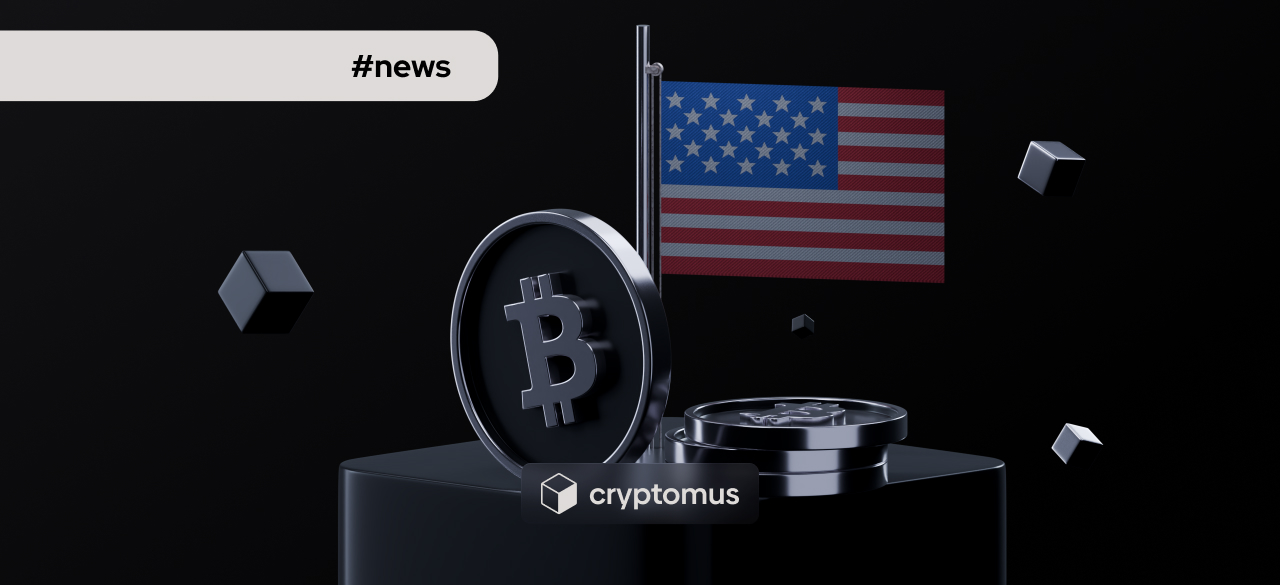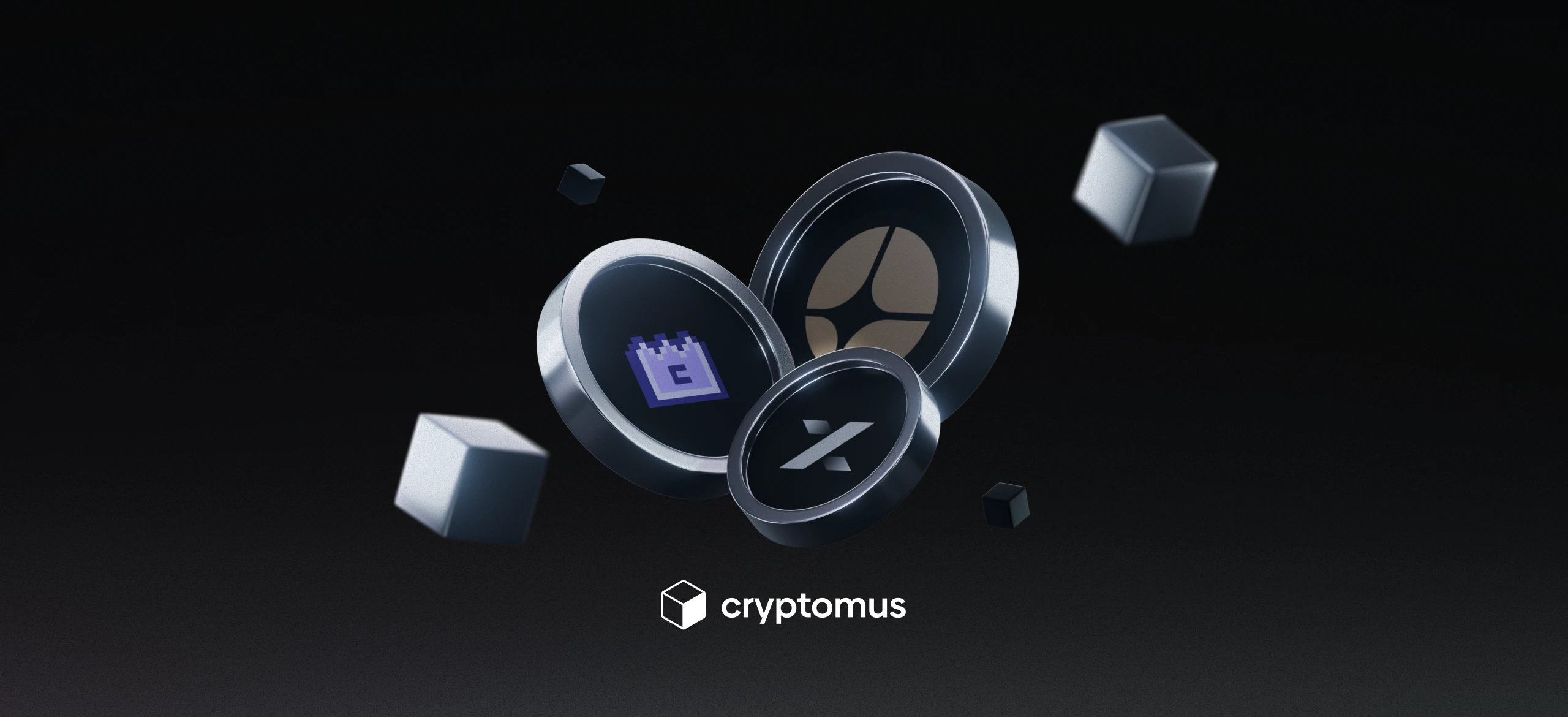
US Treasury Secretary Scott Bessent Says Government Will Not Buy Bitcoin
Table of Contents
Treasury Secretary Scott Bessent confirmed that the U.S. government will not buy Bitcoin to expand its strategic reserves. Speaking on Fox Business, he explained that the federal Bitcoin reserve will increase only through assets seized in criminal investigations. The statement unsettled markets, briefly pushing Bitcoin below $120,000.
This represents a shift from earlier speculation that the administration might fund future Bitcoin purchases with tariffs or other government income. The focus now is on holding and preserving the current digital assets as a long-term store of value.
The Strategic Bitcoin Reserve Explained
The Strategic Bitcoin Reserve, created by a March executive order from President Donald Trump, is intended to manage cryptocurrency seized in federal investigations. According to Bessent, the reserve’s current value ranges between $15 billion and $20 billion, though estimates differ. Arkham Intelligence reports 198,022 BTC, worth more than $24 billion, while other calculations suggest a smaller amount.
Bessent described the reserve as a “digital Fort Knox,” emphasizing that the government plans to hold the Bitcoin rather than trade it actively. The focus is on security and preservation, not using the cryptocurrency as a tool for fiscal policy. This careful approach reflects ongoing discussions about the role of digital assets in national finance.
Using seized cryptocurrency rather than purchasing more also keeps the program budget-neutral. Senator Cynthia Lummis has supported this method, noting that buying additional Bitcoin would not address the nation’s $37 trillion debt. The priority remains managing the existing reserve responsibly and exploring other measures, such as revaluing gold holdings.
How Did the Market React?
The immediate market reaction to Bessent’s comments was notable. Bitcoin ** dropped** to $117,995, but then rebounded a bit. The broader digital asset market also fell nearly 3%, reaching $4.04T in total value. Investors reacted to both the policy announcement and strong U.S. Producer Price Index data, which fueled concerns about persistent inflation and tighter monetary policy.
Yet, analysts note that short-term declines may not reflect the long-term narrative for Bitcoin. With U.S. debt levels climbing, some see continued interest in Bitcoin as a hedge or alternative store of value. In this context, the strategic reserve’s policy might stabilize confidence rather than spark panic, even if it limits immediate growth through new government purchases.
Government Strategy for Crypto
Bessent’s statement underscores a careful approach. The administration aims to recognize digital assets’ potential while avoiding direct involvement in the market. Using only confiscated assets enables the government to sidestep the political and economic complications of purchasing cryptocurrency with public funds.
Senator Cynthia Lummis also emphasized that acquiring more Bitcoin will not resolve the United States’ $37 trillion debt. She supports Treasury Secretary Scott Bessent’s plan to create the Strategic Bitcoin Reserve from seized assets and suggested that reevaluating current gold reserves could fund the initiative. This strategy allows progress in digital asset policy without increasing the taxpayer burden.
The approach allows for ongoing discussion. Analysts may debate whether expanding the reserve could fit into U.S. fiscal strategy. Meanwhile, the White House’s crypto advisory team, led by David Sacks, appears focused on long-term stability and security rather than short-term gains. For now, the government’s stance is clear: hold Bitcoin, do not purchase more,and monitor the effects on both digital assets and broader economic policy.
What Does It Mean?
Treasury Secretary Scott Bessent’s comments clarified the administration’s position on Bitcoin and outlined expectations for the Strategic Bitcoin Reserve. By pursuing a budget-neutral approach, the government seeks to maintain seized assets as a stable store of value without making new purchases that could disrupt markets.
As Bitcoin remains volatile and the U.S. faces inflation and debt challenges, the reserve is expected to continue as a careful experiment in incorporating cryptocurrency into federal policy.
Simplify Your Crypto Journey
Want to store, send, accept, stake, or trade cryptocurrencies? With Cryptomus it's all possible — sign up and manage your cryptocurrency funds with our handy tools.
Get Started









